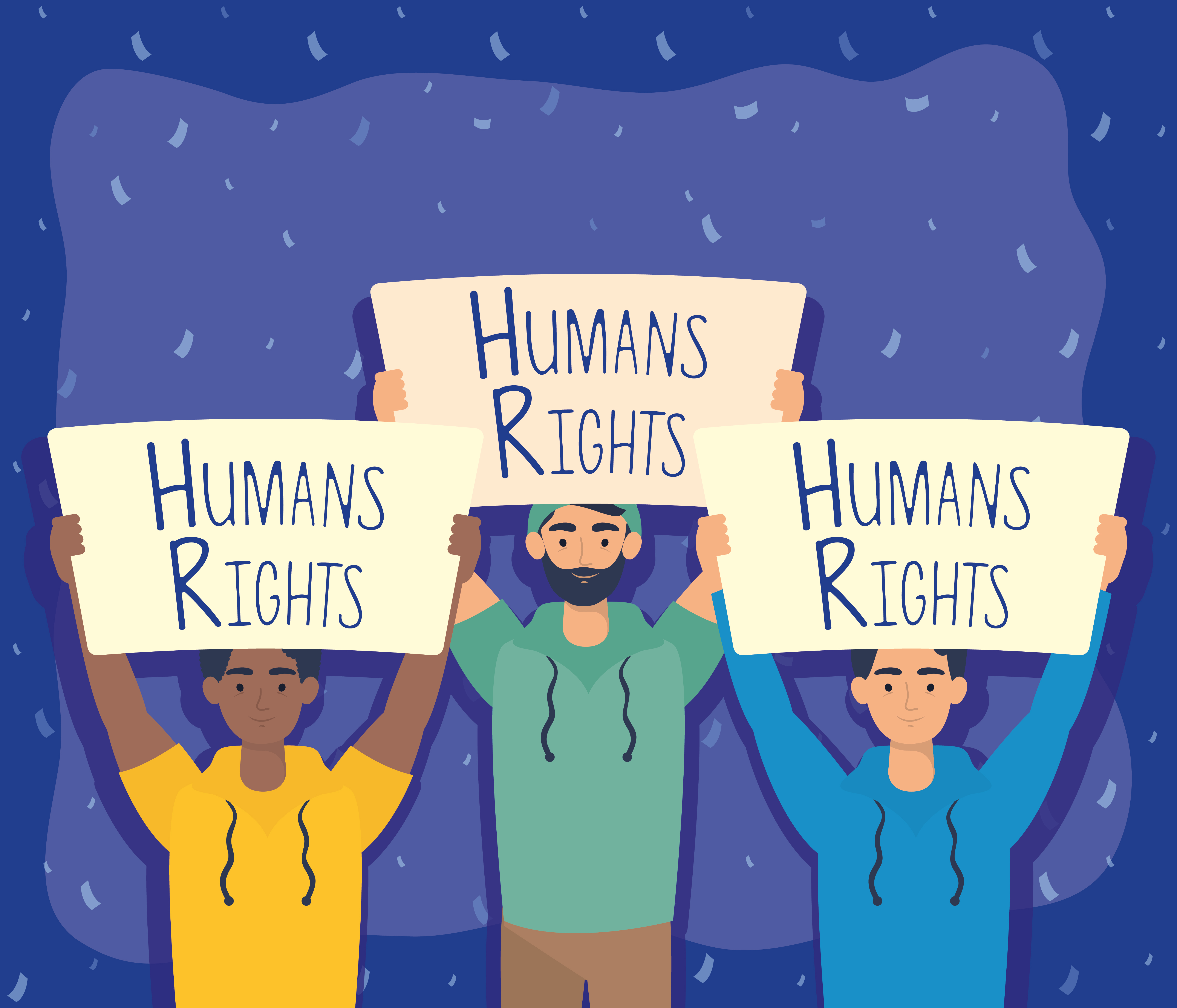Ending collective punishment requires public pressure, institutional scrutiny, and a growing culture of refusal. You don’t need to be a lawyer or policymaker to act. If you are a student, parent, educator, or ally, your voice matters—and your resistance matters even more.
Start by naming the harm. If you witness collective punishment being used—such as the removal of privileges from an entire class because of one student’s behaviour—document the incident. Ask for clarification in writing. Request the policy justification. Often, there is none.
Support children in speaking up. Let them know that they deserve fairness, not control. That being punished for someone else’s actions is not just cruel—it’s educationally unsound. If they bring home stories of group punishments, believe them. Validate their discomfort. Encourage them to write, draw, or record what happened.
You can also write to your school principal, superintendent, or board of education. Ask them whether they endorse collective punishment. Demand a clear public stance. Make your letter public. Share it with other families.
Finally, amplify survivor voices. Many children harmed by these practices are disabled, racialised, neurodivergent, or living in poverty. Their resistance is often pathologised or ignored. Help surface those stories. Help them shape policy.
You don’t need permission to be outraged. You only need clarity, and the courage to act on it. Ending collective punishment is a moral imperative, not a procedural one.
-
Petition to end collective punishment in BC Schools
Collective punishment in schools continues in British Columbia, where children are still punished for things they didn’t do—or because others…








